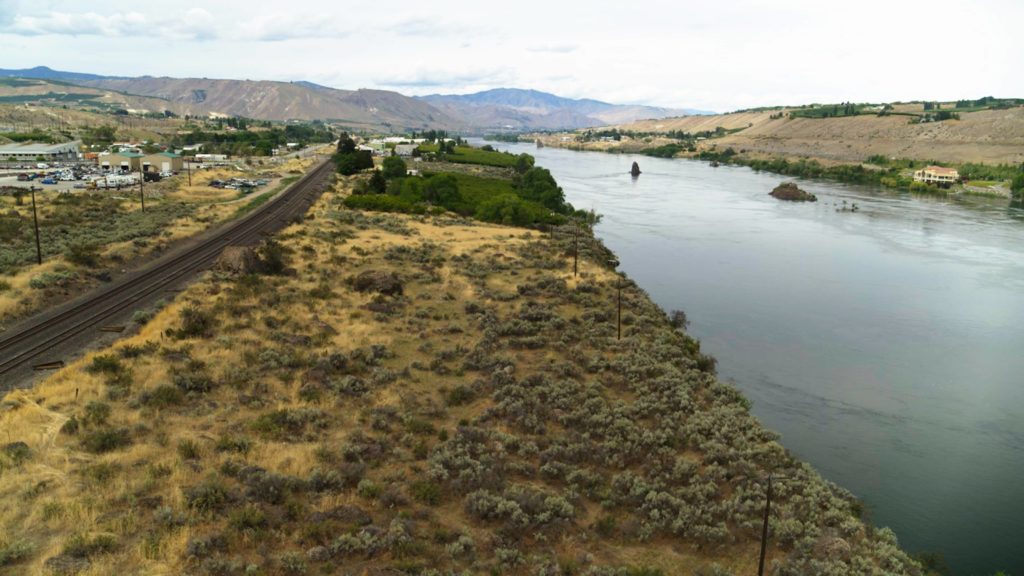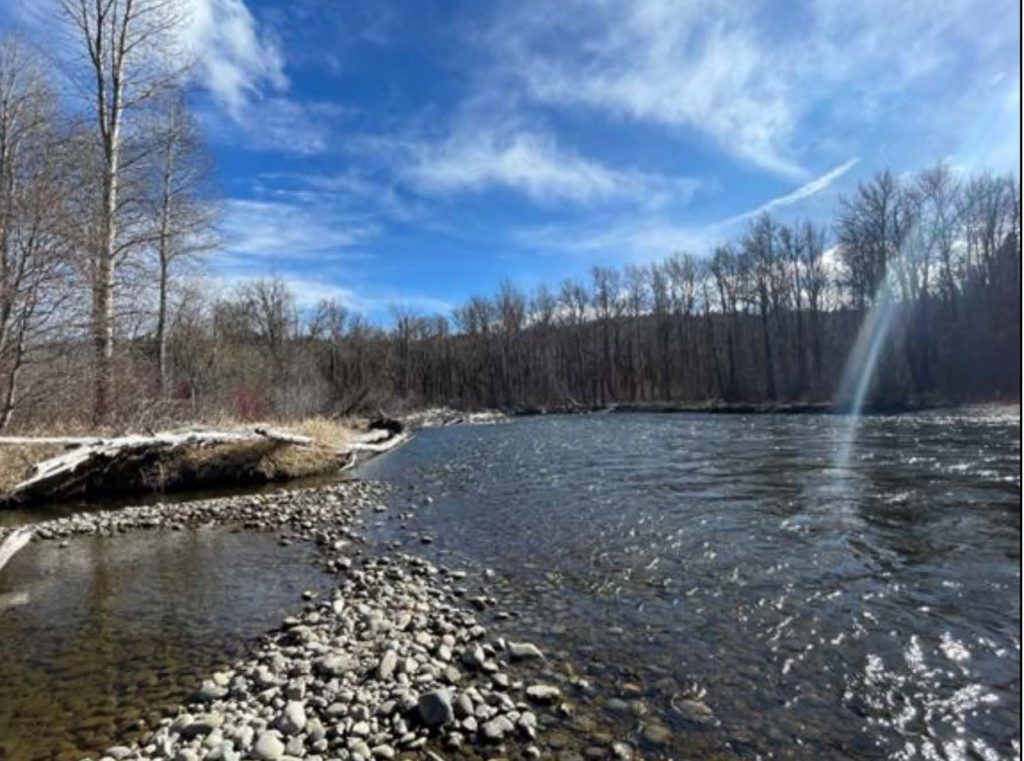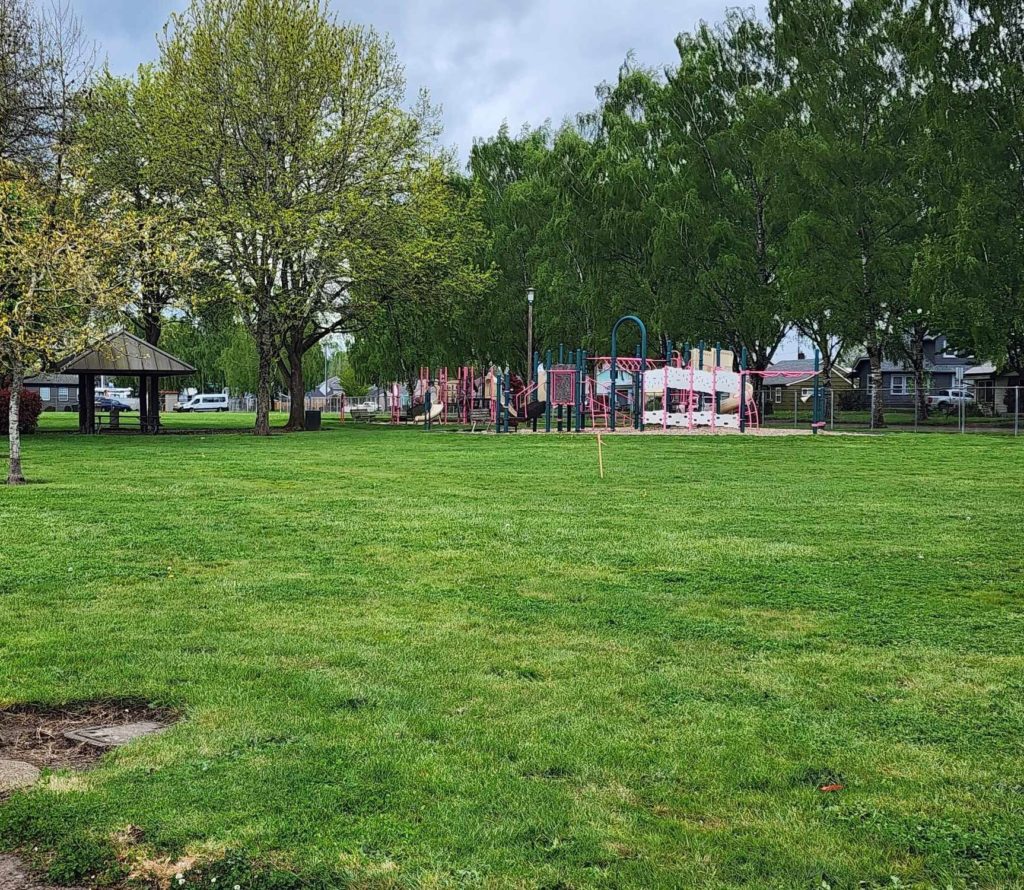FOR IMMEDIATE RELEASE:
The Washington Wildlife and Recreation Coalition celebrates the State’s 2025-2027 Capital Budget inclusion of $120 million for the Washington Wildlife and Recreation Program (WWRP). This amount will fund 101 new recreation and conservation projects throughout the State in upcoming years.
The $120M investment in the WWRP matches last biennium’s support for new parks, playgrounds, trails, acquisitions and habitat restoration projects, and indicates continued strong bi-partisan support for recreation and conservation projects.
“We are deeply grateful and appreciate the legislature’s deliberation and decision to emphasize consistent funding for our state’s parks, wildlife habitat, and working farms and forests,” says Yvonne Kraus, Executive Director of the Washington Wildlife and Recreation Coalition (WWRC).
WWRC’s Founding Board member Bill Chapman adds, “This program budget represents a bright light in difficult times and speaks to committed leadership by Governor Ferguson and key legislators, as well as the strength of the program’s bi-partisan support.”
The nationally recognized WWRP has had a significant impact on Washington’s landscape and quality of life since 1991, having leveraged over $2.2 billion in parks, trails, wildlife habitat, working lands, and other recreation and conservation projects. The program’s funding is managed by the Washington State Recreation and Conservation Office (RCO) and is distributed across 12 grant categories.
Record levels of Washingtonians continue to seek the mental and physical health benefits of outdoor recreation and active conservation activities. At the same time, recent funding cuts at Federal agencies have caused staffing and resource shortages as well as ongoing funding uncertainty at popular recreation and conservation lands within our State’s National Forests and National Parks. These challenges and pressures on recreation experiences and habitat protection only amplify the importance of balancing growing recreation demand with the preservation of our environment and ecosystems, and the need for continued robust funding on our own State lands.
WWRP projects not only provide outdoor opportunities for families across the state, they also help preserve wildlife habitat, mitigate climate change effects, economically benefit rural communities, and protect our working lands.
Skippy Shaw, Washington State Government Relations Director at The Nature Conservancy and Chair of the WWRC State Policy Committee, shares “At $120 million, WWRP will fund over 100 new projects statewide. We are grateful to Capital Budget leadership for making these projects possible, and for their continued investment in our State’s great outdoors.”
Three sample projects that will benefit from the proposed funding include:
- Chelan County’s Malaga Waterfront Park Acquisition includes the purchase of 4.5 acres of waterfront property for the development of the Malaga Waterfront Park. Combined with a previous acquisition Phase, the total park area will be 20+ acres and include 2,700 feet of Columbia River shoreline access. The Park will provide the citizens of Malaga and nearby Wenatchee with both motorized and non-motorized river access, ADA accessible trails with interpretive signs, scenic vistas with benches, sport facilities, and family amenities such as picnic shelters and playgrounds.

- New and improved riverfront access in Kittitas County as part of the $2M Yakima River Camp Access Project. This Washington’s Department of Fish and Wildlife effort will acquire nearly 87 acres along the Yakima River, about three miles east of Cle Elum. The property has diverse riparian habitats and is an important spawning and rearing reach for salmon and steelhead. The project will nearly double public river access, addresses current parking and access safety concerns along Hwy 10, and increases public access to the Yakima River for recreational uses such as including shoreline fishing, river wading, hand-launched watercrafts, wildlife viewing, and picnicking.

- The Cloney Park Inclusive Playground Project in the City of Longview will create an accessible outdoor experience to those with disabilities, and will be physically, socially, & emotionally inviting to all. The Project includes a new restroom, new parking lot, and new Picnic Pavilion. The nature-based design draws from local heritage and incorporates traditional Cowlitz Tribe and lumber industry elements into the park’s play features. This project primarily provides an engaging, outdoor recreation experience with increased play opportunities for all abilities.

The final budget does fall short of the WWRC’s original $150M request, which means that 15 projects of local importance to communities across the state will not be funded, including:
- Development of a 27.9-acre portion of Eagle Ridge Park in Lake Stevens. The city planned to build facilities such as a nature-themed playground, amphitheater and outdoor classroom space, restrooms, and much more. The park is home to protected areas including eagle habitats, riparian areas, mature forests and wetlands – all of which would be preserved and protected in this development but will now not come to fruition due to lack of funding.
- The Department of Fish and Wildlife project to acquire 1,200 acres of critical elk habitat in the Mt. St. Helens Wildlife Area. This project would both protect and enhance the most critical winter range area in the Mt. St. Helens Elk Herd area, but also watershed and tributary habitat for species of salmon. A further benefit is providing year-round public access to the wildlife area which is currently land-locked by private ownership.
- The Wooten Wildlife Area Rainbow Lake Pier Project, providing improved fishing and ADA access at Rainbow Lake, a popular fishing-only lake for rainbow trout.
While the full $150M ask wasn’t met and some projects will need to wait until the next grant cycle, the WWRC Board of Directors deeply appreciates the State’s budget writers’ hard work in advocating for funding consistency and stability at a time of uncertainty. Kraus adds: “The Coalition focuses its advocacy on recreation and conservation investments as a priority for Washington’s residents and businesses to keep our State green, thriving and a healthy place to live, work and recreate.”
Beyond the WWRP program, the Coalition also recognizes and appreciates budget support for the Youth Athletic Facilities program at $19,767,000, the Aquatic Lands Enhancement Account at $4,351,000, continued investments in Community Forests at $6,248,000, and $16,650,000 for the State’s Trust Land Transfer Program. “We look forward to working with RCO staff and grant recipients in the implementation and completion of their projects and vision.”
####
About the WWRC
The WWRC is a nonprofit organization that leverages the voices of a diverse group of allied interests to obtain public funding for new parks, wildlife habitat, trails, and preservation of working farm and forest lands. Founded in 1989 by former Washington state Governors Dan Evans and Mike Lowry, the Coalition’s membership consists of a diverse and bipartisan group representing conservation, business, recreation, hunting, fishing, farming, and other community interests.
The Coalition is supported by generous individuals, foundations, corporations, and organizations from across Washington, ensuring that every penny of the public funds go directly to projects in local communities throughout the state. You can support the coalition by donating here.
About the WWRP
The Washington Wildlife and Recreation Program (WWRP) is our state’s premier conservation and recreation grant program which provides matching funds to create new local and state parks, protect wildlife habitat, and preserve working lands. Since 1991, The program has enabled over $2.2 Billion of grant-funded projects, in very single district in WA state, across the following 12 WWRP grant categories:
- Local Parks
- State Lands Restoration
- Farmland Preservation
- Water Access
- State Parks
- Trails
- State Lands Development
- Urban Wildlife
- Riparian Protection
- Natural Areas
- Forestland Preservation
For more information, contact Yvonne Kraus: Yvonne@WildlifeRecreation.org.
